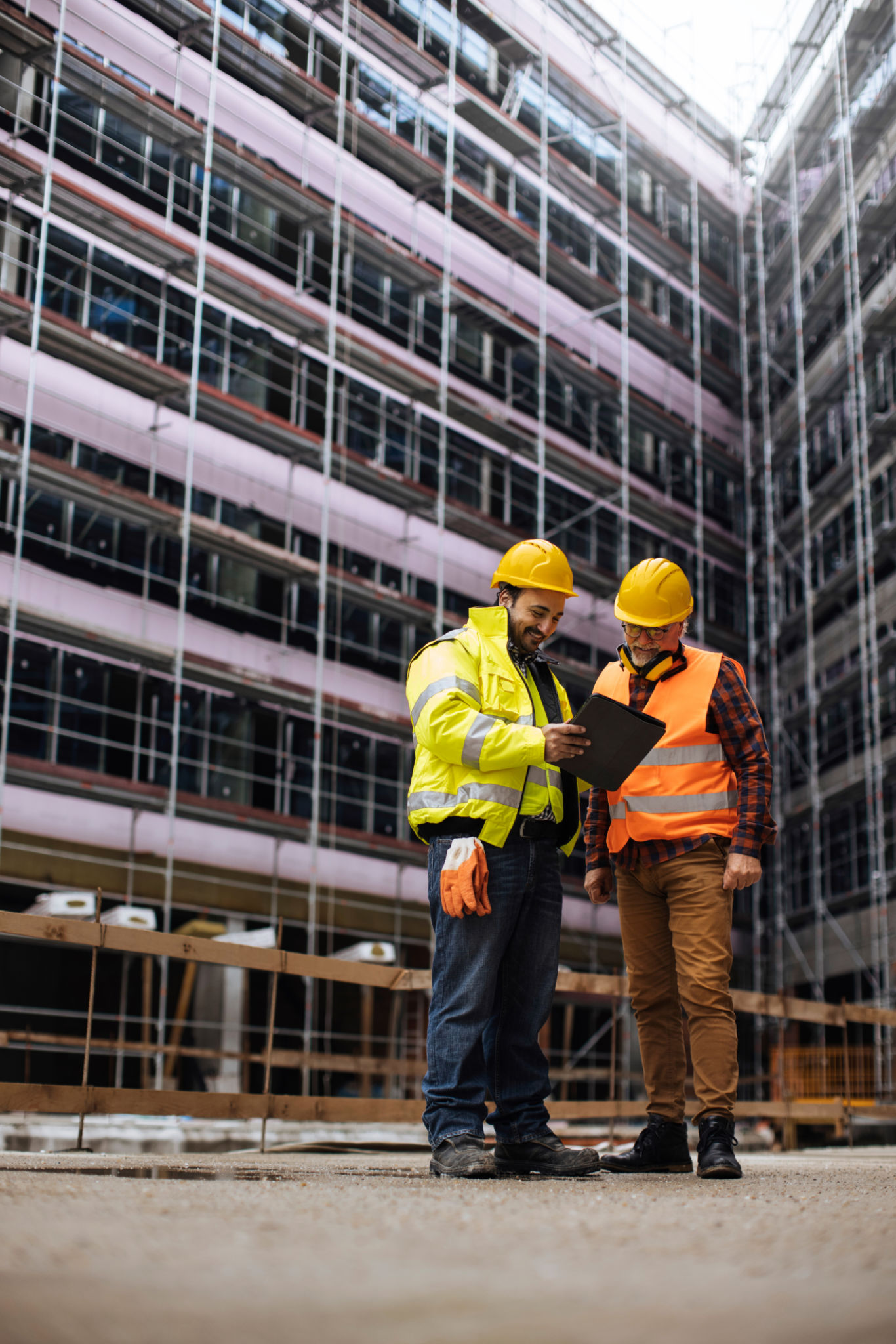How to Choose the Right Real Estate Developer for Your Project
EC
Understanding Your Project Needs
Before you embark on the journey of selecting a real estate developer, it's crucial to clearly understand the specific needs of your project. Whether you're planning a residential complex, commercial space, or a mixed-use development, having a detailed project scope will guide your selection process. Consider factors such as location, budget, timeline, and the type of development. A well-defined project blueprint not only helps in filtering potential developers but also sets a realistic framework for success.

Research and Shortlist Potential Developers
Once you have a clear understanding of your project needs, begin researching potential developers. Look for developers who have experience in your type of project and have a proven track record of delivering similar projects successfully. You can find potential developers through industry directories, referrals, or online searches. Make a shortlist of developers who meet your criteria and explore their portfolios to evaluate the quality and style of their previous work.
Additionally, consider the size and scale of their past projects to ensure they align with your project's requirements. A developer who specializes in large-scale commercial projects may not be suitable for a small residential development and vice versa.
Evaluate Experience and Expertise
Experience is a crucial factor when choosing a real estate developer. Assess the number of years they've been in business and the types of projects they've completed. Expertise in navigating local regulations, securing permits, and managing construction timelines can significantly impact the success of your project. Look for developers with a strong team of architects, engineers, and project managers who can bring your vision to life efficiently.

Check References and Reviews
Gathering feedback from previous clients can provide valuable insights into a developer's reliability and professionalism. Ask for references and contact them to discuss their experiences. Inquire about the developer's communication style, problem-solving abilities, and adherence to deadlines and budgets. Online reviews and testimonials can also be helpful in gauging client satisfaction and identifying any potential red flags.
Assess Financial Stability
The financial stability of a developer is another critical aspect to consider. A financially stable developer is more likely to complete your project on time and within budget. Request financial statements or reports that demonstrate their financial health. Additionally, check their history of securing funding for past projects, as this can be indicative of their ability to manage finances effectively.

Evaluate Communication and Transparency
Effective communication between you and your developer is essential for a smooth project execution. During initial meetings, assess the developer's willingness to listen to your needs and their ability to provide clear explanations. Transparency in all dealings, including cost estimates, timelines, and potential challenges, helps build trust and ensures both parties are aligned throughout the project.
Consider Sustainability Practices
As sustainability becomes increasingly important in real estate development, consider a developer's commitment to environmentally friendly practices. Developers who integrate sustainability into their projects often use energy-efficient technologies, sustainable materials, and eco-friendly construction methods. This not only benefits the environment but can also enhance the long-term value of your property.
Choosing the right real estate developer is a critical decision that can significantly impact the success of your project. By carefully considering these factors and conducting thorough research, you can select a developer who aligns with your vision and delivers exceptional results.